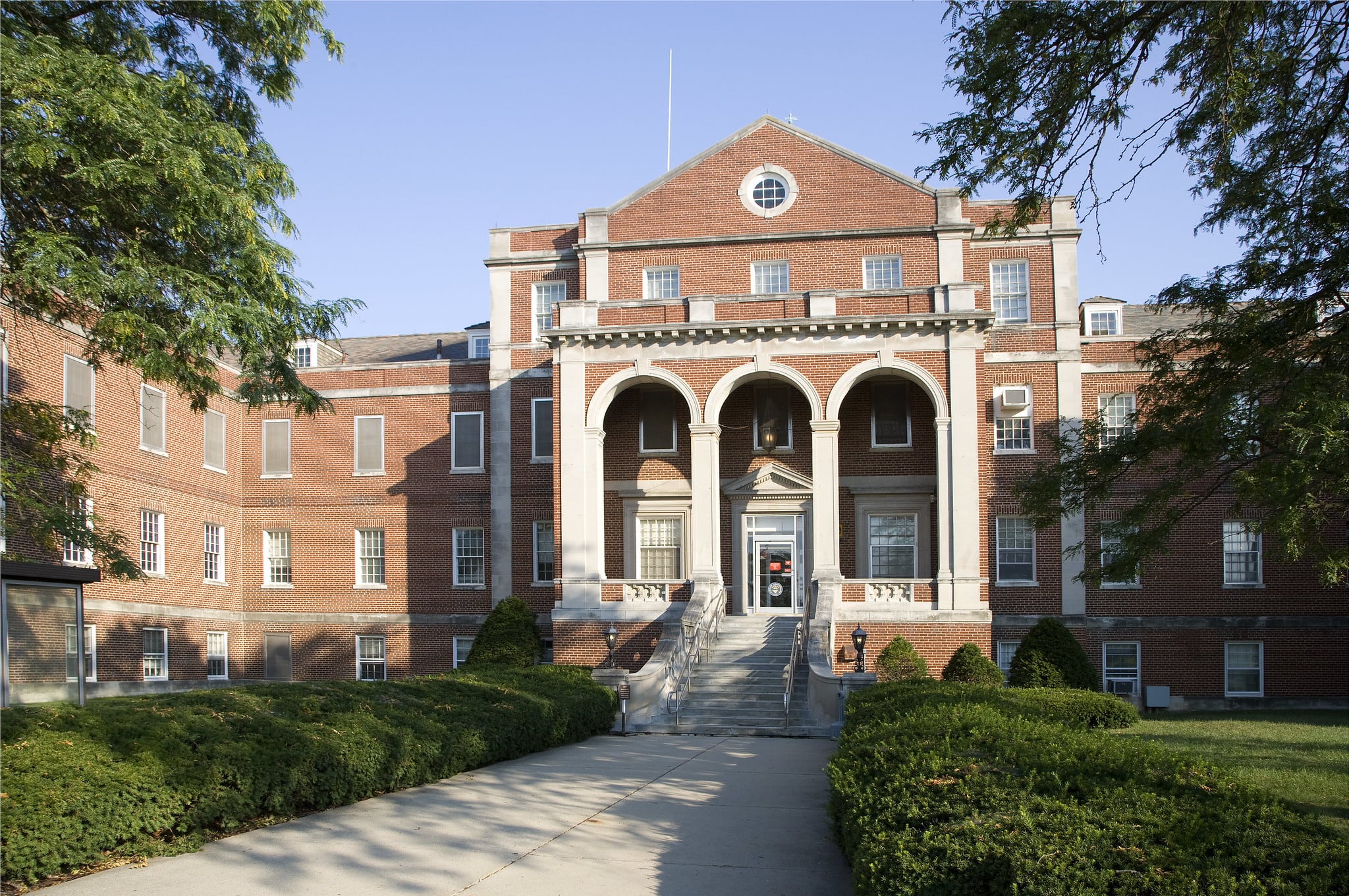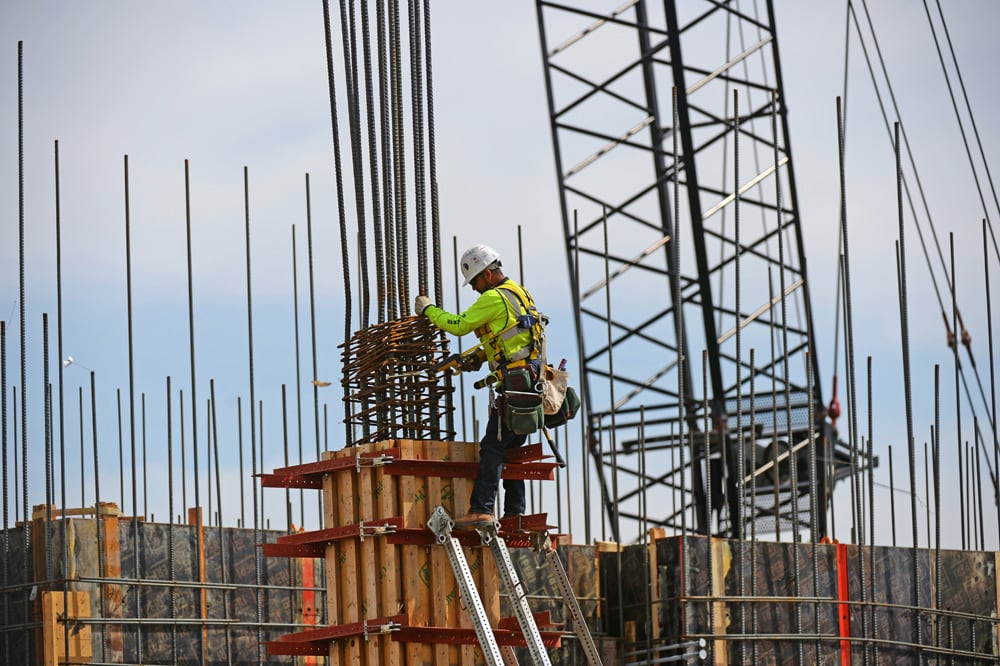Despite concerns to the contrary, plans to close and restructure dozens of Veterans Affairs medical centers and realign hundreds of other clinics will likely result in hiring more department staff, not less, officials told lawmakers on Thursday.
“Please don’t look at this report and think that we don’t need our staffing,” said Gina Grosso, VA’s Assistant Secretary for Human Resources Operations, during a hearing before the House Veterans’ Affairs Committee.
“We need our employees. We need them now and we’re going to need them in the future. And we have a place for them in the future.”
Grosso’s comments came just a few days after the department released its recommendations for the Asset and Infrastructure Review Commission, mandated by Congress to look at VA’s footprint across America.
RELATED

Under the plan, the department would shut down 17 VA medical centers across 12 states, build 14 new ones, and revamp 18 others. More than 160 local community clinics would be shut down and replaced with other health care facilities, some in partnership with private-sector offices.
In all, the number of VA facilities would grow from about 1,260 to 1,340. The changes would impact communities in nearly every state across the country.
But Grosso cautioned on Thursday that the recommendations are just a first draft of proposed changes, and that numerous steps have to be completed before any changes begin. An independent commission of outside advocates will spend the next year holding public hearings on the ideas before offering its own report, which will be reviewed by the White House and Congress.
“No matter what decisions are made, nothing is likely going to happen within the next five years,” she said. “So even if employees are nervous, we’re trying to let them know that nothing is imminent in their position.”
Already, some employee groups have voiced concerns about the recommendations. Several locations where medical centers are slated for closure held rallies in recent days to protest the moves.
Irma Westmoreland, vice president of National Nurses United, said the planned closures raise concerns about veterans’ long-term access to care.
“We know if VA facilities close, veterans will be dumped into the fragmented, hard-to-navigate private sector, which threatens their well-being and their lives,” she said in a statement.
Even before the announcement, officials from the American Federation of Government Employees insisted the changes will “force veterans to rely on uncoordinated, private, for-profit care” and hurt VA workers already treating them.
RELATED

Grosso said VA officials believe the changes will benefit veterans overall, putting about 150,000 more veterans within a 30-minute drive for primary care and 200,000 within a 30-minute drive for mental health care.
She also called worries about the impact on VA workers premature.
“There are a lot of options to be able to keep those employees,” Grosso added.
“We can help move them to another location in the VA if they’re interested, but I realize that for some that would mean changing homes. We also hope that we can leverage our telehealth capabilities and keep those people employed where they are.
The independent commission is expected to start its review of the recommendations in the coming weeks. Grosso said local leaders have been briefed on the specific changes planned for their communities, but officials are still collecting feedback on those ideas to help provide more information to the commission.
Leo covers Congress, Veterans Affairs and the White House for Military Times. He has covered Washington, D.C. since 2004, focusing on military personnel and veterans policies. His work has earned numerous honors, including a 2009 Polk award, a 2010 National Headliner Award, the IAVA Leadership in Journalism award and the VFW News Media award.





